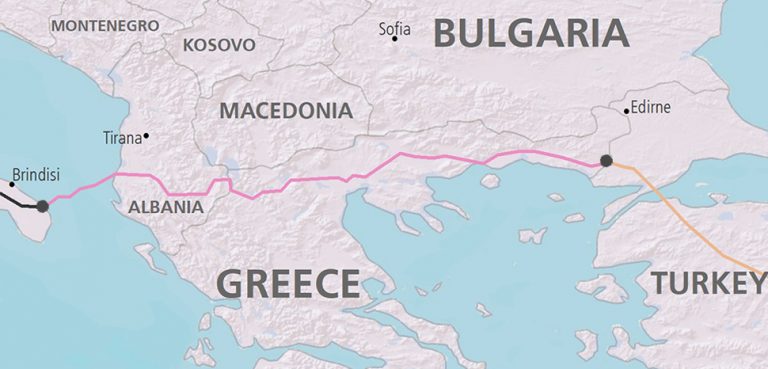Having endured nearly six years’ worth of a global supply glut, geopolitical instability, and shifting alliances, oil markets are now bracing for impact amid the rift between Saudi Arabia and Russia, the world’s second- and third- largest oil producers, respectively. With COVID-19 dampening demand for oil across Asia and other markets, Saudi Arabia’s proposal to cut production fell on deaf ears within the Kremlin, leading to a showdown between Riyadh and Moscow as both signaled their intent to ramp up production, sending global oil markets into a tailspin.
While Russia’s decision calculus is harder to ascertain, with claims ranging from the Kremlin’s desire to capture market share, to driving US shale producers out of business, the intent of the Saudis is clear: restore the incentives for cooperative order by diminishing the profit margins of all exporters.
As the state-owned oil giant Saudi Aramco prepares to increase production to an unprecedented amount of 12.3 million barrels/day, the prospects for customers looking to purchase for the purpose of storing reserves remains appealing, even as observers cast doubt on the sustainability of such production levels. Russia, for its apart, intends to boost production by 200,000-300,000 barrels/day in the short-term, with the view toward an eventual rise of 500,000 barrels/day. Both scenarios are a far cry from Saudi Arabia’s original objective prior to the price war, in which it attempted to coerce other member-states of the informal OPEC+ alliance to cut daily production by 1.5 million barrels.
Nevertheless, with projected prices of crude potentially reaching $30 USD per barrel, the implications for producers outside of Russia and Saudi Arabia are immense, particularly for Africa’s three largest oil producers – Nigeria, Angola, and Algeria. Though none crack the top 10 list of the world’s largest producers (Nigeria is closest at 13th), the recurring themes of inefficiency, underinvestment, and overreliance within the oil sectors of all three will frustrate reform efforts, compounding the extant political, social, and economic problems of each.
Nigeria
Less than six months after he unveiled a record-breaking government budget of $34 billion USD, Nigerian President Muhammadu Buhari has had to scale back his ambitious stimulus plans, with the Nigerian government announcing it will review options to pare its original spending plan. Given that Buhari’s budget was contingent on a benchmark rate of $57/barrel, the extent of the cuts will be inextricably linked to the length of time necessary for oil prices to rebound.




